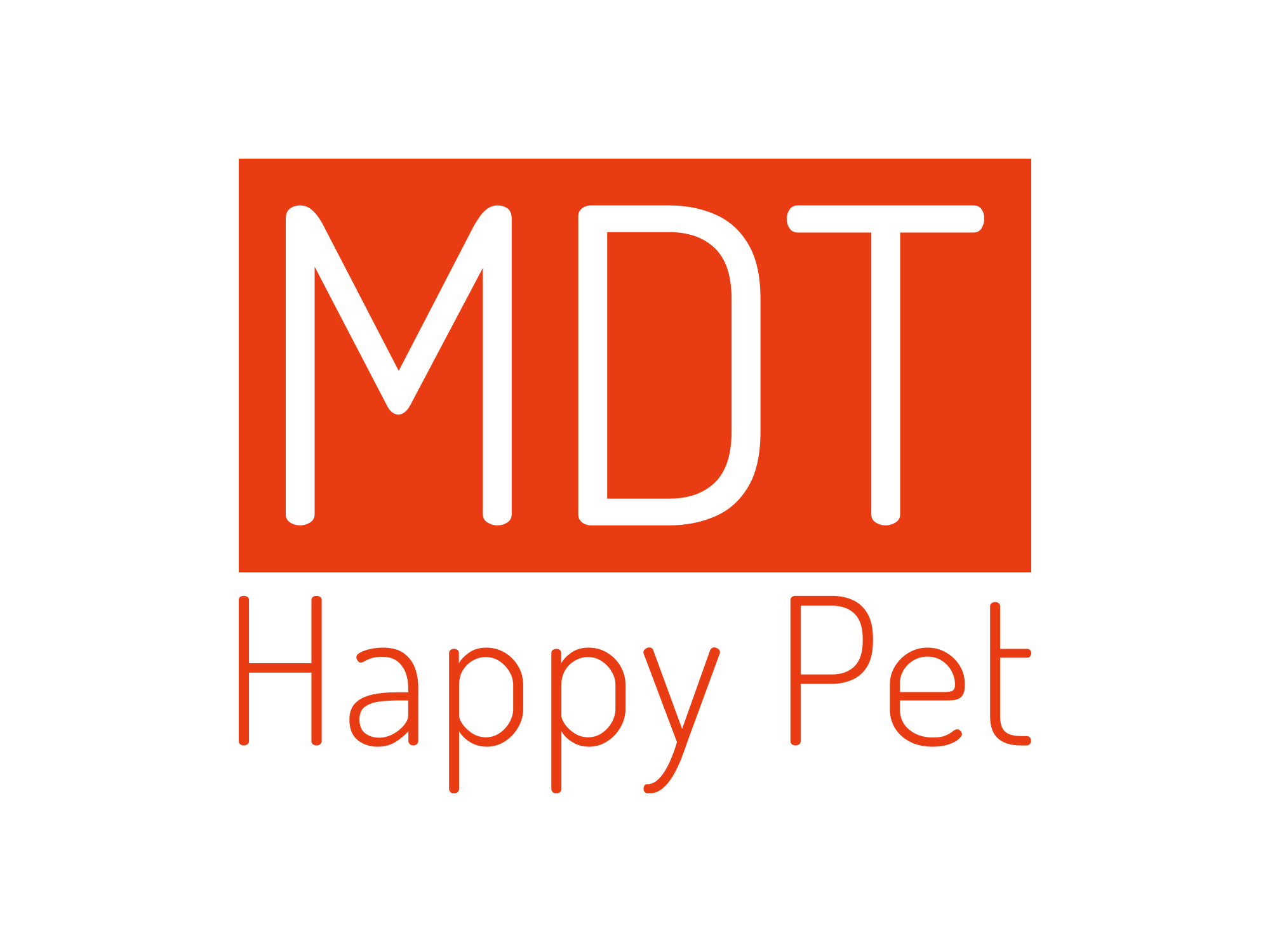
As a dog owner, it’s important to understand that your furry friend’s skin is just as important as any other aspect of their health. A dog’s skin is their first line of defense against the outside world, and as such, it’s important to keep it healthy and free from irritation. In this article, we’ll discuss some top tips for keeping your dog’s skin healthy and irritation-free.
Understanding Your Dog’s Skin
Before we dive into tips for keeping your dog’s skin healthy, it’s important to understand the basics of canine skin. A dog’s skin is actually quite different from human skin. It’s thicker, has fewer sweat glands, and has a different pH balance. Dogs also have more hair follicles than humans, which means their skin is more prone to irritation and infection.
Another important aspect of canine skin is that it’s covered in a layer of natural oils. These oils help to moisturize the skin and protect it from the elements. However, these oils can also attract dirt and bacteria, which can lead to skin issues if not properly addressed.
Common Skin Issues in Dogs
There are a variety of skin issues that can affect dogs, and some are more common than others. Here are a few of the most common skin issues you may encounter as a dog owner:
-
Hot spots – These are areas of the skin that become red, inflamed, and itchy. They’re typically caused by a bacterial infection and can be quite painful for your dog.
-
Allergies – Dogs can be allergic to a variety of things, including food, pollen, and flea bites. Allergies can cause itching, redness, and inflammation.
-
Fungal infections – Dogs can develop fungal infections like ringworm, which can cause circular patches of hair loss and itching.
-
Parasites – Fleas, ticks, and mites can all cause skin irritation and itching in dogs.
Importance of a Healthy Diet for Dog Skin Health
Believe it or not, what your dog eats can have a big impact on the health of their skin. A healthy diet that’s rich in essential fatty acids, vitamins, and minerals can help to keep your dog’s skin moisturized and healthy. On the other hand, a diet that’s high in processed foods and low in nutrients can lead to dry, itchy skin and other health issues.
Some of the best foods for promoting healthy skin in dogs include:
-
Salmon – Salmon is a great source of omega-3 fatty acids, which are essential for healthy skin and coat.
-
Sweet potatoes – Sweet potatoes are a good source of vitamin A, which is important for skin health.
-
Leafy greens – Leafy greens like spinach and kale are packed with vitamins and minerals that can help to keep your dog’s skin healthy.
Regular Grooming Practices to Maintain Healthy Skin
Regular grooming is another important aspect of keeping your dog’s skin healthy. Grooming not only helps to remove dirt and debris from your dog’s skin, but it also helps to distribute their natural oils evenly throughout their coat.
Here are some grooming practices that can help to maintain healthy skin in dogs:
-
Brushing – Regular brushing helps to remove loose hair, dirt, and debris from your dog’s coat. It also helps to distribute their natural oils, which can help to keep their skin moisturized.
-
Bathing – Bathing your dog on a regular basis can help to remove dirt, bacteria, and allergens from their skin. However, it’s important not to over-bathe your dog, as this can strip their skin of its natural oils.
-
Nail trimming – Keeping your dog’s nails trimmed is important for their overall health, as well as their skin health. Overgrown nails can cause your dog to walk differently, which can lead to skin irritation and other issues.
Avoiding Irritants and Allergens
As we mentioned earlier, dogs can be allergic to a variety of things. It’s important to identify any allergens that may be causing issues for your dog and try to avoid them as much as possible.
Some common irritants and allergens that can affect dogs include:
-
Flea and tick preventatives – Some dogs can be sensitive to the chemicals found in flea and tick preventatives. If your dog is experiencing skin irritation after using one of these products, talk to your veterinarian about alternative options.
-
Cleaning products – Cleaning products like bleach and ammonia can be irritating to your dog’s skin. It’s best to keep your dog away from these products and use pet-friendly cleaners instead.
-
Certain foods – As we mentioned earlier, some dogs can be allergic to certain foods. If you suspect that your dog is allergic to something in their diet, talk to your veterinarian about switching to a different food.
The Role of Hydration in Dog Skin Health
Just like with humans, hydration is important for maintaining healthy skin in dogs. When your dog is dehydrated, their skin can become dry and itchy, which can lead to other issues like hot spots and bacterial infections.
Make sure your dog has access to fresh, clean water at all times. You can also add wet food to their diet to help keep them hydrated.
Natural Remedies for Dog Skin Issues
If your dog is experiencing skin issues, there are a variety of natural remedies you can try before resorting to medication. Here are a few natural remedies that may help to alleviate skin issues in dogs:
-
Coconut oil – Coconut oil is a natural moisturizer that can help to soothe itchy, dry skin.
-
Oatmeal – Oatmeal is a natural anti-inflammatory that can help to calm irritated skin. You can give your dog a bath with oatmeal shampoo or apply an oatmeal paste directly to the affected area.
-
Aloe vera – Aloe vera is a natural anti-inflammatory that can help to soothe skin irritation. You can apply aloe vera gel directly to the affected area.
When to See a Veterinarian for Skin Problems
While many skin issues in dogs can be treated with natural remedies and lifestyle changes, there are some cases where it’s important to see a veterinarian. If your dog is experiencing any of the following symptoms, it’s best to schedule a visit with your veterinarian:
-
Persistent itching – If your dog is constantly scratching, licking, or biting at their skin, it could be a sign of an underlying issue.
-
Hair loss – If your dog is experiencing bald patches or excessive shedding, it could be a sign of a skin issue.
-
Open sores or scabs – If your dog has any open sores or scabs on their skin, it could be a sign of an infection.
Recommended Products for Dog Skin Health
There are a variety of products on the market that can help to promote healthy skin in dogs. Here are a few of our top recommendations:
-
Omega-3 supplements – Omega-3 supplements are a great way to boost your dog’s intake of essential fatty acids, which are important for skin health.
-
Hypoallergenic dog food – If your dog is experiencing skin issues related to food allergies, switching to a hypoallergenic dog food may help.
-
Skin and coat supplements – Skin and coat supplements are designed to promote healthy skin and a shiny coat in dogs.
Conclusion
Keeping your dog’s skin healthy and irritation-free is an important aspect of their overall health and wellbeing. By understanding your dog’s skin, practicing regular grooming, and avoiding irritants and allergens, you can help to keep your dog’s skin healthy and happy. If your dog is experiencing persistent skin issues, be sure to consult with your veterinarian for proper diagnosis and treatment.

